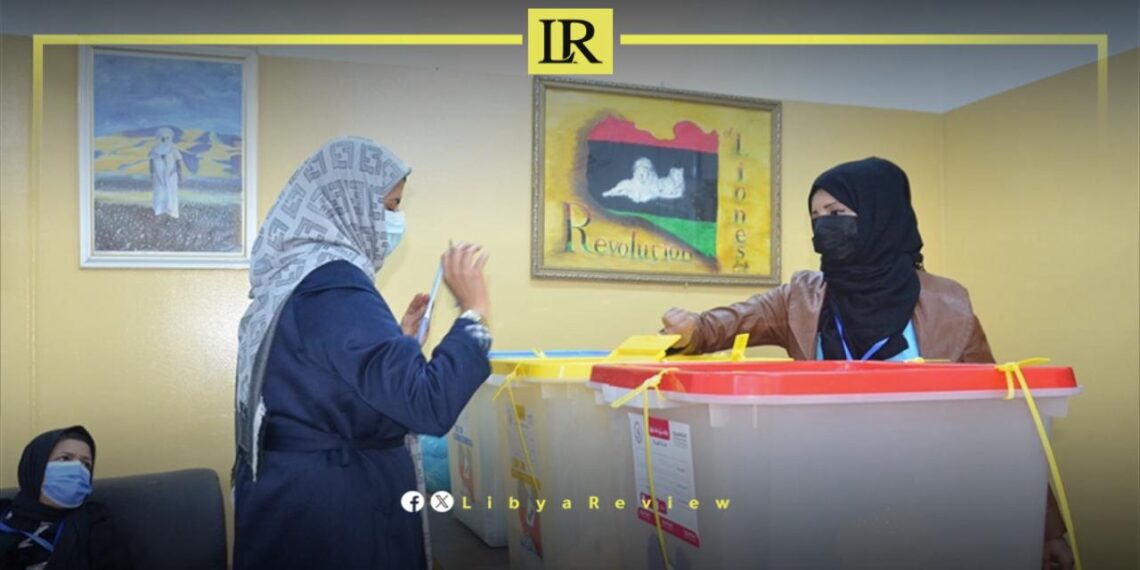On Saturday, the High National Elections Commission (HNEC) announced a second extension of the voter registration period for the municipal council elections. The new deadline is set for midnight on Saturday, July 13.
In a statement, the HNEC explained that the extension is due to the “increasing turnout for voter registration by citizens of the targeted municipal councils.” This additional time is intended to increase the number of registered voters and provide another opportunity for those who faced difficulties in registering their information in the voter list.
The Commission emphasized that this is the final extension, expressing hopes that it will boost the number of registered voters. An increase in registrations is expected to “add more credibility to the electoral process and give citizens of these municipalities a chance to participate in deciding who will manage their municipal affairs, ensure their demands are met, and follow up on their implementation with various government institutions.”
As of Friday, a total of 146,677 voters had registered for the first phase of the municipal elections, including 109,002 men and 37,675 women, according to a statement from the Commission.
The extension of the voter registration period highlights the significant interest in municipal elections, which are a critical component of local governance in Libya. Municipal councils play a vital role in managing local affairs, including public services, infrastructure development, and community welfare. By extending the registration period, the HNEC aims to ensure broader participation and inclusivity in the electoral process.
The process of voter registration in Libya faces several challenges, including logistical issues, security concerns, and public awareness. Many citizens, especially in remote areas, may encounter difficulties in accessing registration centers or may not be fully aware of the registration deadlines and requirements. The extensions provided by the HNEC are crucial in mitigating these challenges and facilitating greater voter turnout.
The statistics indicate a significant gender disparity in voter registration, with men outnumbering women by a substantial margin. Promoting gender inclusivity in the electoral process is essential for ensuring that the needs and perspectives of all community members are represented. Efforts to encourage and facilitate the participation of women in the elections are vital for achieving balanced and equitable local governance.


